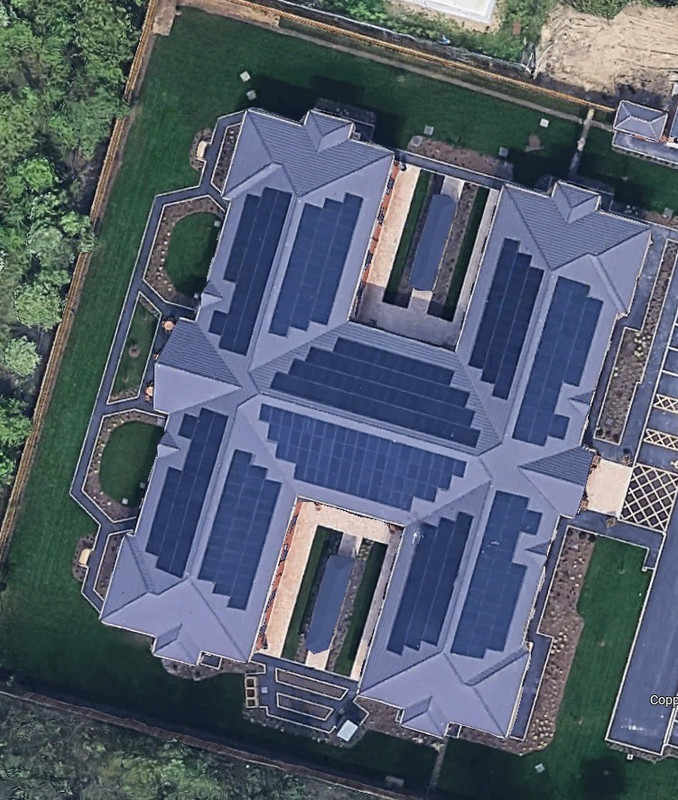Of course that would be fine but you need an electrician who can issue a minor works certificate an AC isolator, and a type A RCBO and a G98 (assuming you have no other inverters).
If you want to export you also need an MCS certificate which comes with its own issues and costs like an insurance backed warranty.
It’s a lot of paperwork and cost for something that will be expensive. Just getting an electrician out to install it will probably cost as much as the equipment itself.
If you want to export you also need an MCS certificate which comes with its own issues and costs like an insurance backed warranty.
It’s a lot of paperwork and cost for something that will be expensive. Just getting an electrician out to install it will probably cost as much as the equipment itself.


